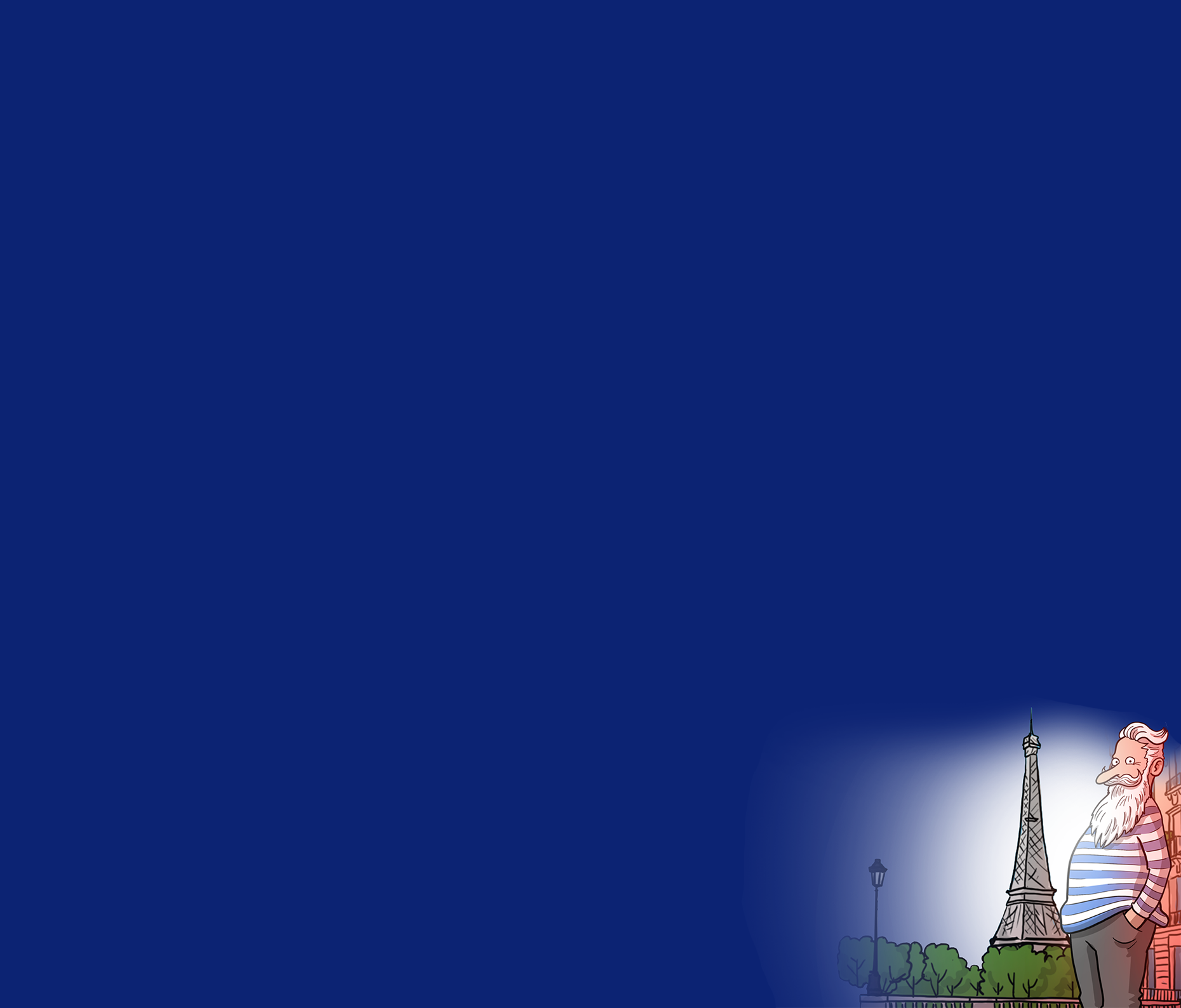Relative pronouns: où
J’aime beaucoup cette ville. Victor ne connaît pas cette ville. → J’aime beaucoup cette ville que Victor ne connaît pas. (que = cette ville) I love this town. Victor doesn't know this town. → I love this town that Victor doesn't know.
J’aime beaucoup cette ville. J’ai grandi dans cette ville. → J’aime beaucoup cette ville où j’ai grandi. (où = dans cette ville) I love this town. I grew up in this town. → I love this town where I grew up.
Victor adore ce quartier. Dans ce quartier, les gens sont très sympathiques. → Victor adore ce quartier où les gens sont très sympathiques. (où = dans ce quartier) Victor loves this neighbourhood. In this neighbourhood, the people are very nice. → Victor loves this neighbourhood where the people are very nice.
Le restaurant où on se retrouvera s'appelle Chez Victor. (où = au restaurant) The restaurant where we'll meet up is called 'Chez Victor'.
Je vais chez mes parents où le frigidaire est toujours plein ! (où = chez mes parents) I'm going to my parents where the fridge is always full!
• jusqu'où with the verbs aller jusqu'à, emmener jusqu'à, etc.
• d'où with the verbs venir de, sortir de, etc.
Paris ? C’est la ville d’où je viens. Paris? It's the town where I come from.
J’irai jusqu’où ce cheval me mènera. I will go wherever this horse will take me.
Novembre est un mois où il pleut beaucoup. November is a month when it rains a lot.
Still having trouble with 'Relative pronouns: où'? Master the rules of French grammar and improve your French level thanks to our online French lessons Frantastique. We're offering a 7-day free trial, so what are you waiting for?
What our users say:
Looking to improve French for beginners? Frantastique provides effective and fun training!
Tips for learning 'Relative pronouns: où'? Share them with us!

